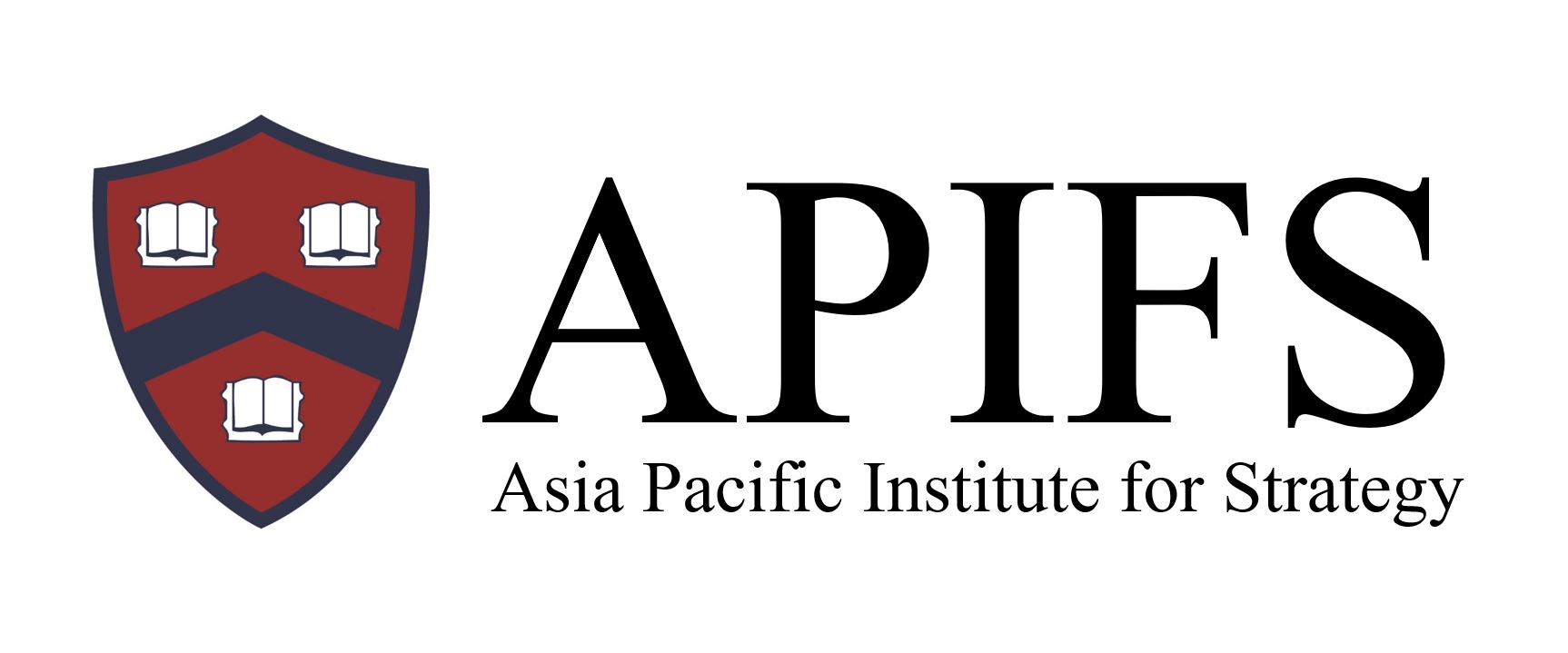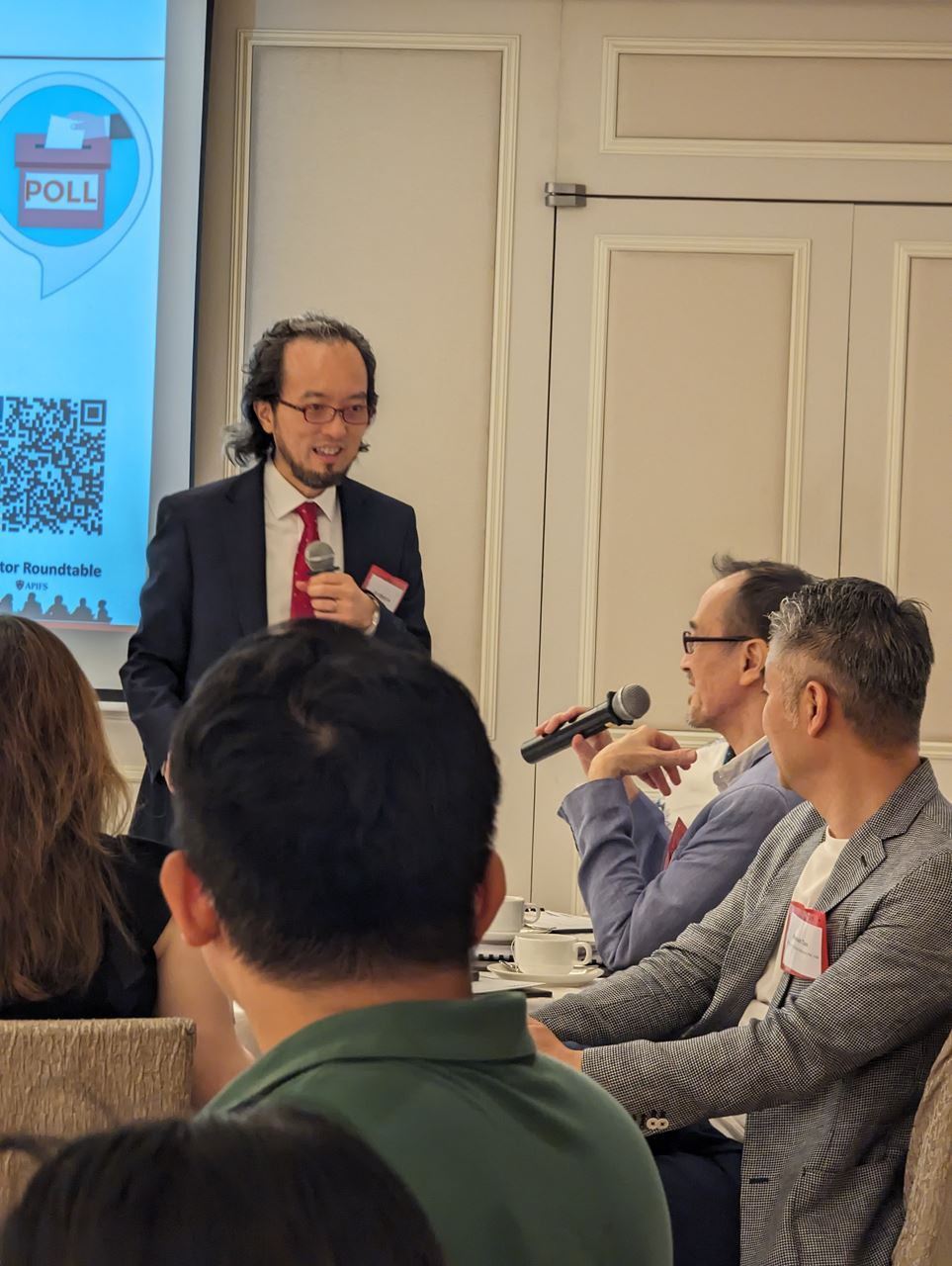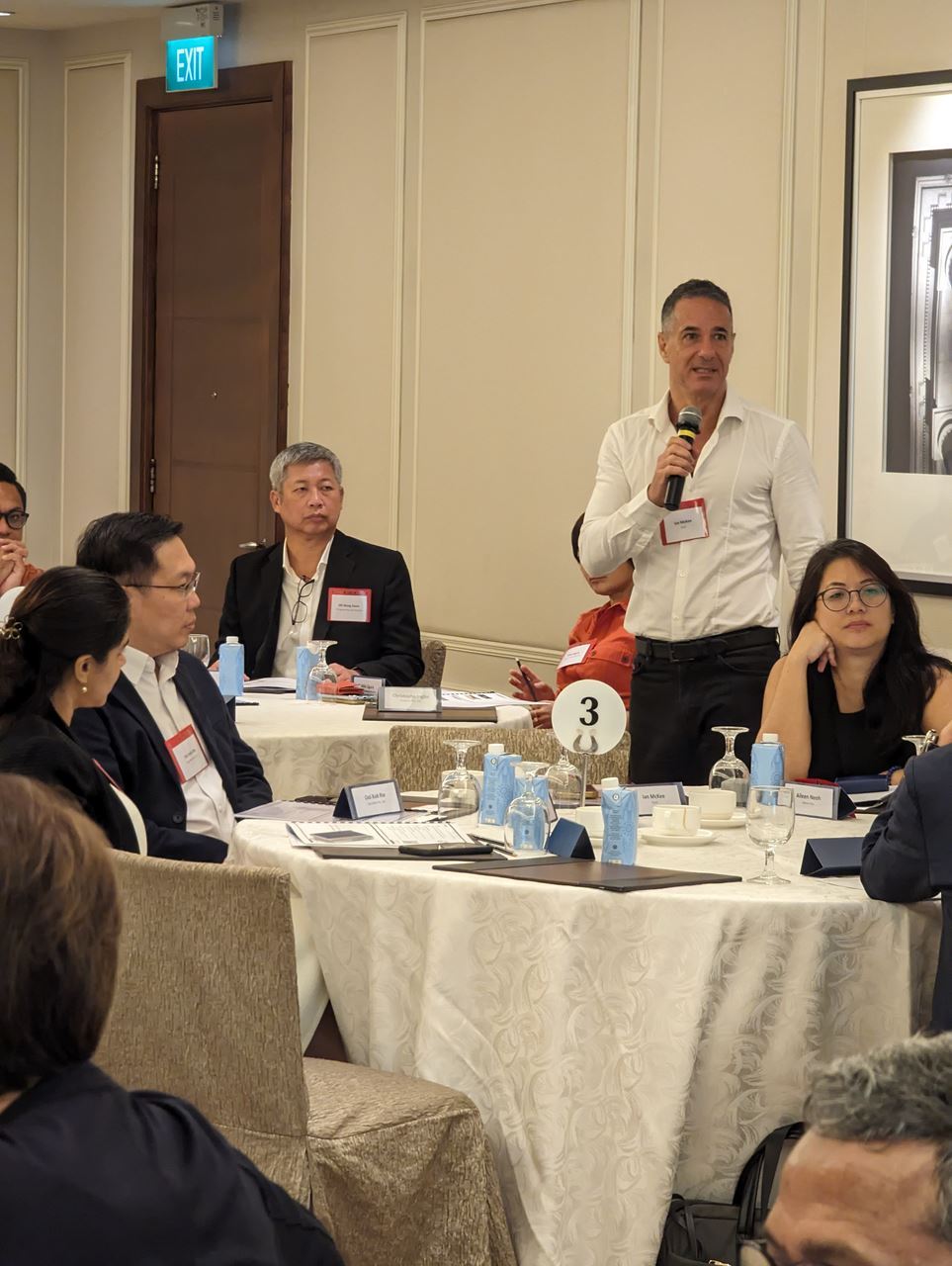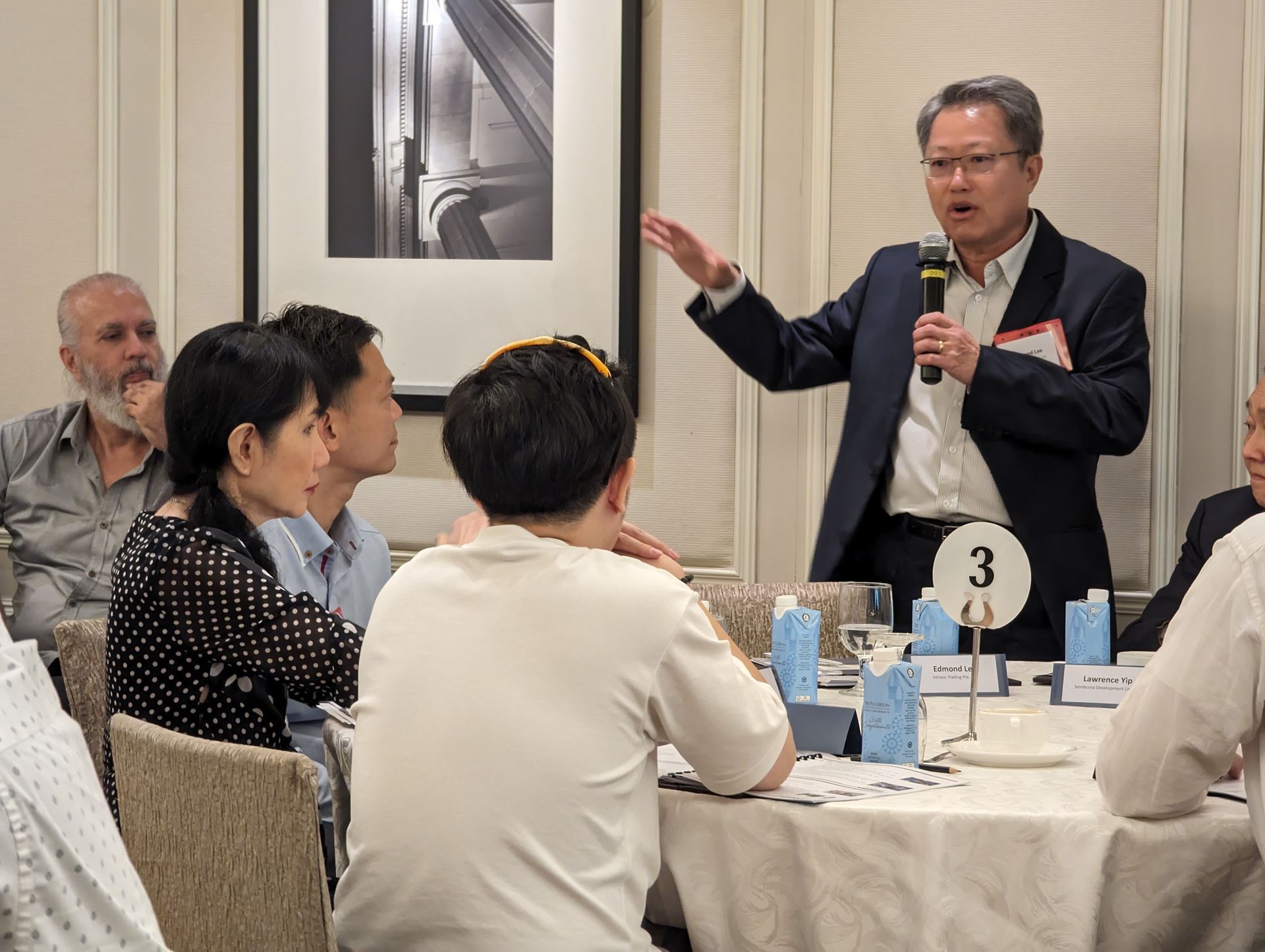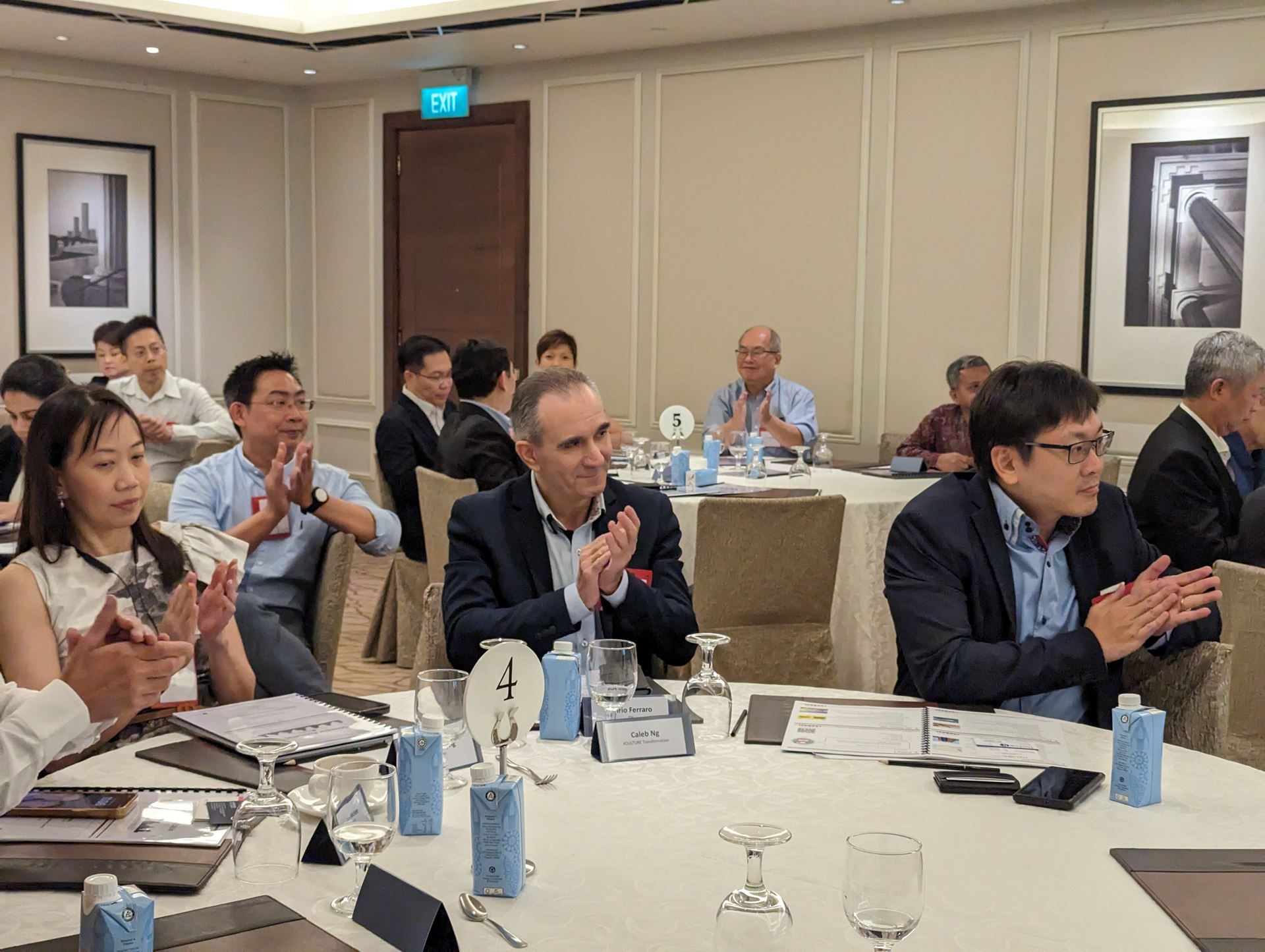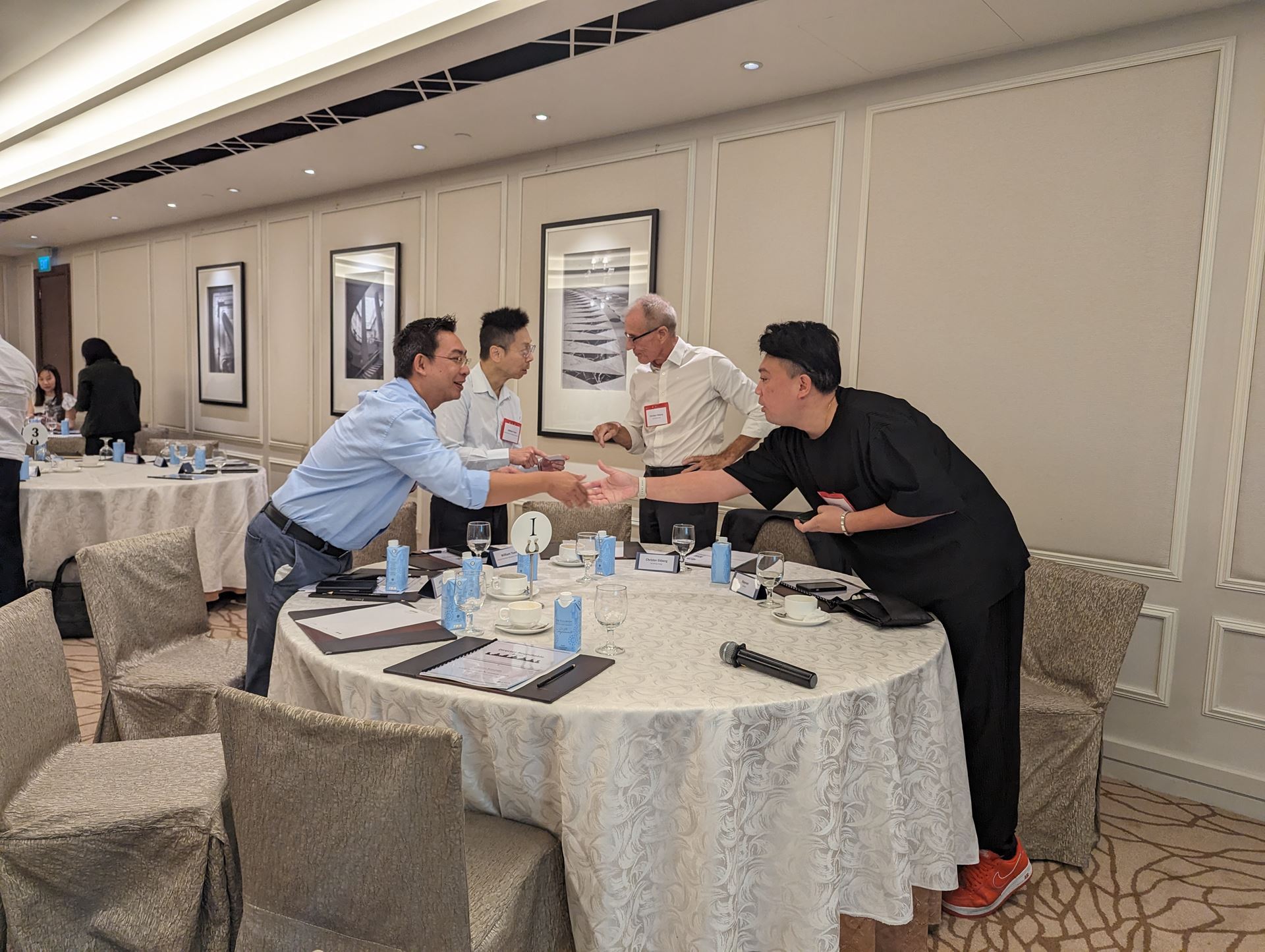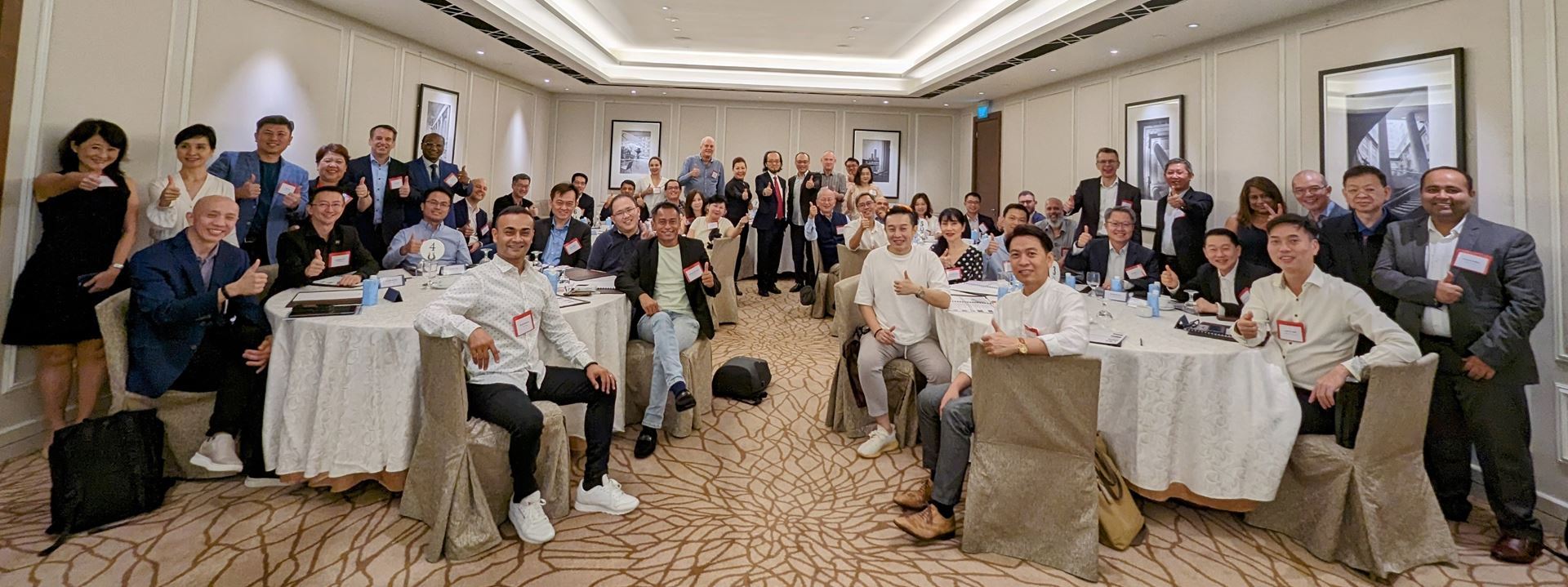
Advisory Report: Strategic Planning in Light of Changing Geopolitical Dynamics
- For CEOs in Singapore
Executive Summary
Changing geopolitical dynamics, especially between US-China, offer both challenges and opportunities for businesses operating out of Singapore. In a recent meeting with 105 CEOs, responses highlighted a varied perception of these geopolitical changes on upcoming strategic decisions. This report aims to synthesize these perspectives and provide a guide for CEOs in crafting a flexible, proactive strategy that navigates this geopolitical landscape.
Key Insights from CEO Perspectives
- Unaffected: 10% believe that their current strategies are robust enough to withstand the geopolitical shifts.
- Tactical Adjustments: Approximately 37% foresee the necessity for minor tactical changes to address potential challenges or capitalize on emerging opportunities.
- Regional Reconsideration: 41% anticipate a deeper evaluation of their regional approaches, suggesting a more significant perceived impact of geopolitical dynamics on ASEAN-focused operations.
- Major Overhaul: A smaller group of 3% see this as an opportunity for a comprehensive review and potential transformation of their business approaches.
- Strategy Redefinition: 9% are on the cusp of pioneering new directions, predicting a fundamental shift in their core strategies.
Recommendations for Strategic Planning
- Stay Informed: Ensure that you maintain an updated understanding of the geopolitical landscape. This includes close monitoring of the US-China trade relationships, ASEAN dynamics, and global economic indicators.
- Flexibility is Key: With nearly 80% of the CEOs indicating some level of strategic change, it's clear that rigidity is not an option. Strategies should be designed with built-in flexibility to adapt to unexpected shifts.
- Regional Relationships: Strengthen ties within the ASEAN community. Given that 41% are considering a deeper regional reevaluation, there's a perceived importance of ASEAN as a buffer or alternative to US-China tensions.
- Diversification: Consider diversifying supply chains, markets, and investments. This will provide a safety net against potential disruptions and offer new growth opportunities.
- Collaboration and Networking: Engage with peers, industry groups, and think tanks. Sharing perspectives and pooling resources can offer new insights and collaborative solutions to navigate challenges.
- Innovation: For those looking at major overhauls or strategy redefinition, it might be the right time to invest in R&D, explore new business models, or enter new markets.
- Scenario Planning: Engage in a professional 's approach to scenario planning, where multiple potential futures are considered. This will prepare your organization for a range of possible outcomes and provide a roadmap for each.
- Stakeholder Communication: Keep all stakeholders (employees, investors, partners) informed about potential strategic shifts. Their buy-in and feedback can be invaluable.
- Revisit and Refine: Given the fluid nature of geopolitical changes, CEOs should revisit their strategies periodically to ensure they remain relevant and effective.
Conclusion
While the changing geopolitical dynamics present uncertainties, they also provide an opportunity for visionary leadership. By staying informed, flexible, and proactive, CEOs in Singapore can not only navigate these challenges but also harness them for growth and innovation.
Singapore, as a key hub in ASEAN, is well-placed to leverage its strategic location, strong economic fundamentals, and skilled workforce. By synthesizing insights from peers and adopting best practices in strategic planning, CEOs can chart a successful course for the future.
|
|
|
|
|
|
|
|
|
Related Articles:
Announcement: Recap of the "Strategic Planning for 2024 Dinner"APIFS Successfully Hosts Exclusive Director Roundtable Focused on Strategic Planning for 2024
Report on Director Roundtable: "Strategic Planning for 2024"
[Asia CEO Forum] A.I. Leadership at the Majestic Hotel in Kuala Lumpur, Malaysia
[Youth I.D.E.A.S. ] 「Economic Development 」Research Series – Tapping into the Economic Opportunities
[Takungpao] Hong Kong Intelligent Manufacturing: Make good use of the advantages of GBA to help
[GBA Strategy] How can companies in the Bay Area and Mainland China leverage Hong Kong "Going Abroad
[HKAS] Hong Kong Apparel Society: 20th Anniversary & Inauguration Ceremony & Business Strategy Award
[Interview with Shih Wing Ching] Challenges and opportunities for Hong Kong companies in High-tech
[China Daily Hong Kong] The shopping festival serves as a touchstone
[GBA Strategy] How can companies in the Bay Area and Mainland China leverage Hong Kong "Going Abroad
[Change Management] What can we do to face the challenges of the New Normal?
[Greater Bay Area] Industry Clusters for Global Innovation
[CEO Coaching]BEA Interview: Development Opportunities for Hong Kong Banking Industry
[CEO Coaching]Ericsson (HK) Limited Interview:Would Hong Kong lose its competitive edge in 5G era?
Australia: +61 3 9015 4991
Singapore: +65 6850 5067
Hong Kong: +852 3970 1828
Email: cs@apifs.net
Asia Pacific Institute for Strategy (C) 2026
